Five takeaways from Sunday’s Swiss energy vote

On May 21, Swiss voters endorsed a new energy law that aims to promote renewable energy, ban new nuclear power plants and ensure lower energy consumption. Sunday’s vote revealed five interesting lessons.
1. Doris Leuthard is having the time of her life
Energy Minister and Swiss President Doris Leuthard could pretty much sell anything right now. When spotted at Bern train station on a recent Friday evening among tired-looking commuters, she stood out from the crowd not because of her notoriety but because she simply seemed the happiest. Sunday’s vote in favour of the Energy Strategy 2050 is her victory. Cabinet ministers have expertise in the specific issues they cover, but only Leuthard ever really seems positive and upbeat about her topic. That detail made the difference in the vote, the outcome of which was uncertain. Polls show that two-thirds of Swiss citizens trust Doris Leuthard, and almost as many voted for the new energy law (58%).

2. The Swiss don’t like exaggeration
Opponents of the new law had strong arguments. They warned of high additional energy costs for consumers (up to CHF3,200 or $3,286 a year), possibly needed to finance the new strategy. But critics were too exaggerated in their approach and lost support when their campaign used images of people having to take cold showers. Criticising a “planned economy” in the future electricity market would have been much more effective, perhaps via an organisation like economic think-tank economiesuisse. But the Swiss business lobby is still shell-shocked after its recent defeat over the revamp of Switzerland’s corporate tax system. The loss left economiesuisse unable to find the resolve to deliver a strong voting position on the new energy law. That left Leuthard free to impose her ideas.
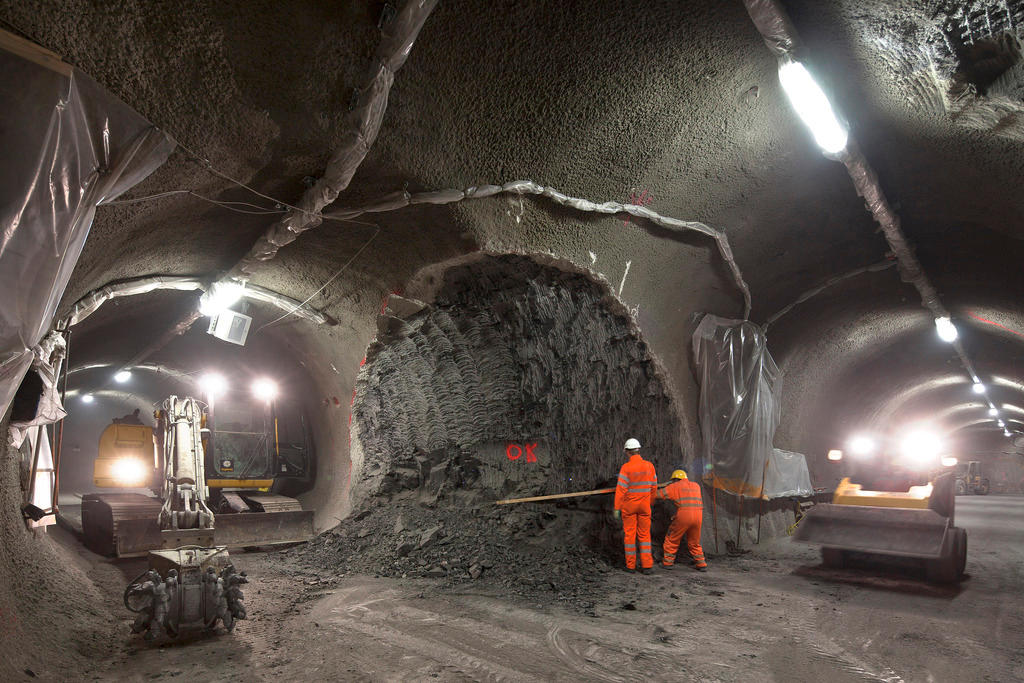
3. Solidarity between generations still exists
Nuclear power is energy that future generations must pay for in various forms. On closer analysis, it seems that the 2011 nuclear accident at Fukushima in Japan did not actually tip the balance for Swiss voters in the centre; it was rather the unresolved question of how to deal with nuclear waste. The Swiss have always demonstrated vision when a vote issue is about being fair to the next generation. That being said, the upcoming Swiss vote on pension reforms will likely be the biggest-ever test of solidarity between generations.
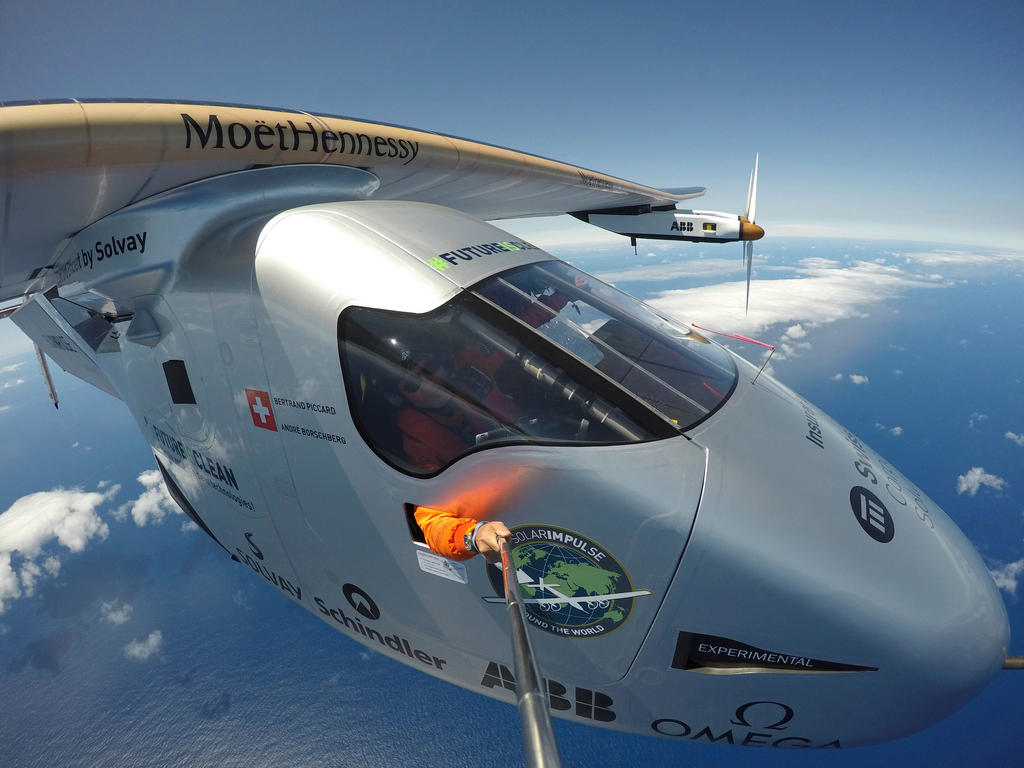
4. The Swiss believe in the future
The vote for Energy Strategy 2050 is a sign of optimism about the future, but nobody really knows whether Switzerland can produce enough electricity from water, the ground, sun or wind to ensure its future development. However, the Swiss have always been strong believers in technology and in their own strengths. The Solar Impulse project, co-founded by Bertrand Piccard, carried this message around the world on its solar-powered plane, despite the odd hiccup along the way. And last year Switzerland inaugurated the new 57-kilometre Gotthard tunnel through the Alps – the longest rail tunnel in the world. For years, such a feat was unthinkable. Dams, solar panels, wind turbines and geo-thermal power are all technologies currently in use that show great potential.
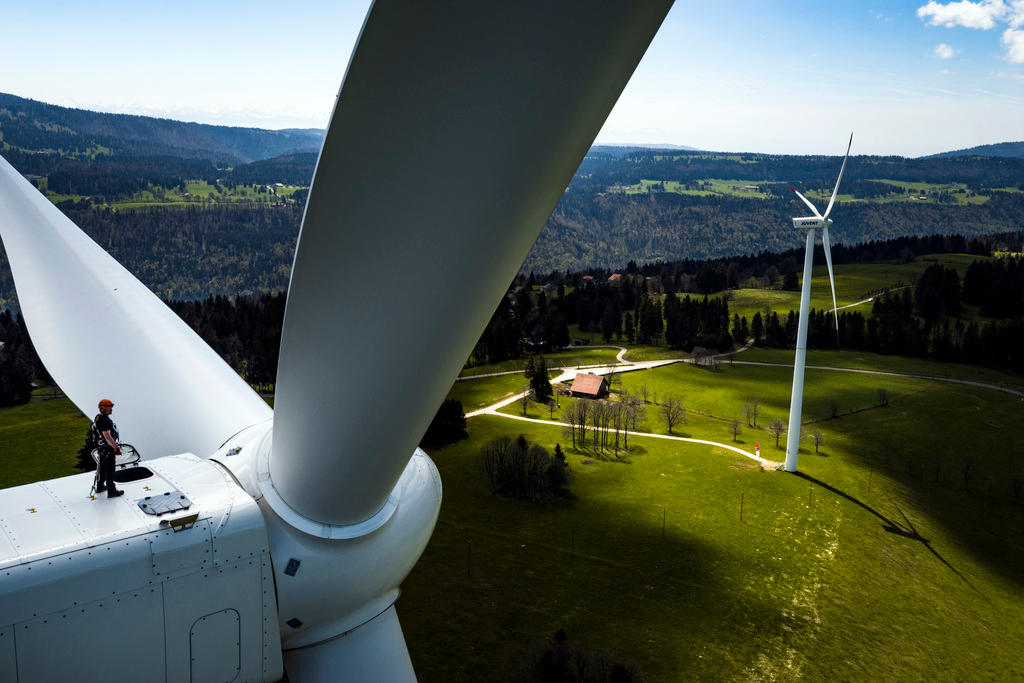
5. Switzerland has a huge task ahead
Anyone pursuing the new renewables strategy can hope for additional state subsidies. This may make sense but there are also dangers such as the marring of landscapes and taking part in dubious experiments. The next step must be proper discussions. It would be dangerous to let this branch of the economy develop by drawing on subsidies and become powerful like nuclear power bosses did half a century ago. Switzerland now faces a challenge that cannot simply be tackled through individual charisma and personality. When the Swiss say they are willing to pay – as they did by voting in favour of the new law – they also want control.
Translated from German by Simon Bradley

In compliance with the JTI standards
More: SWI swissinfo.ch certified by the Journalism Trust Initiative
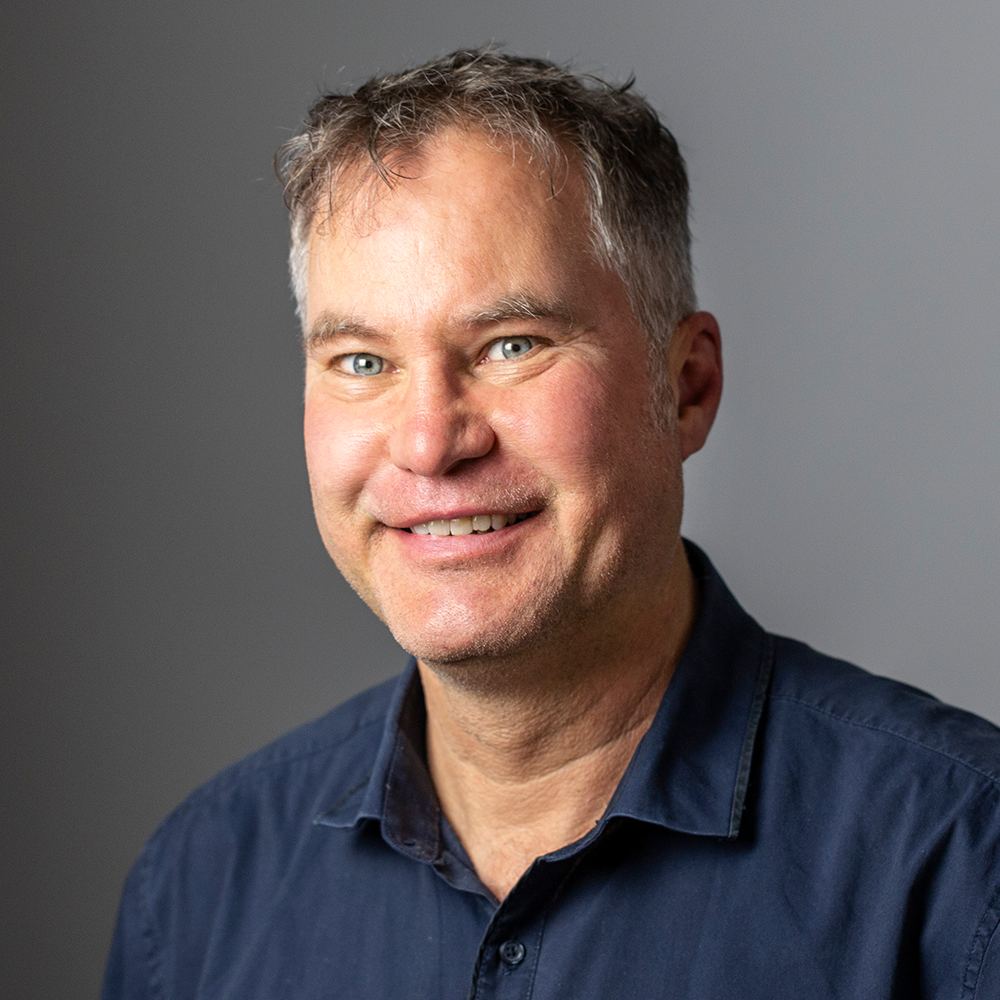
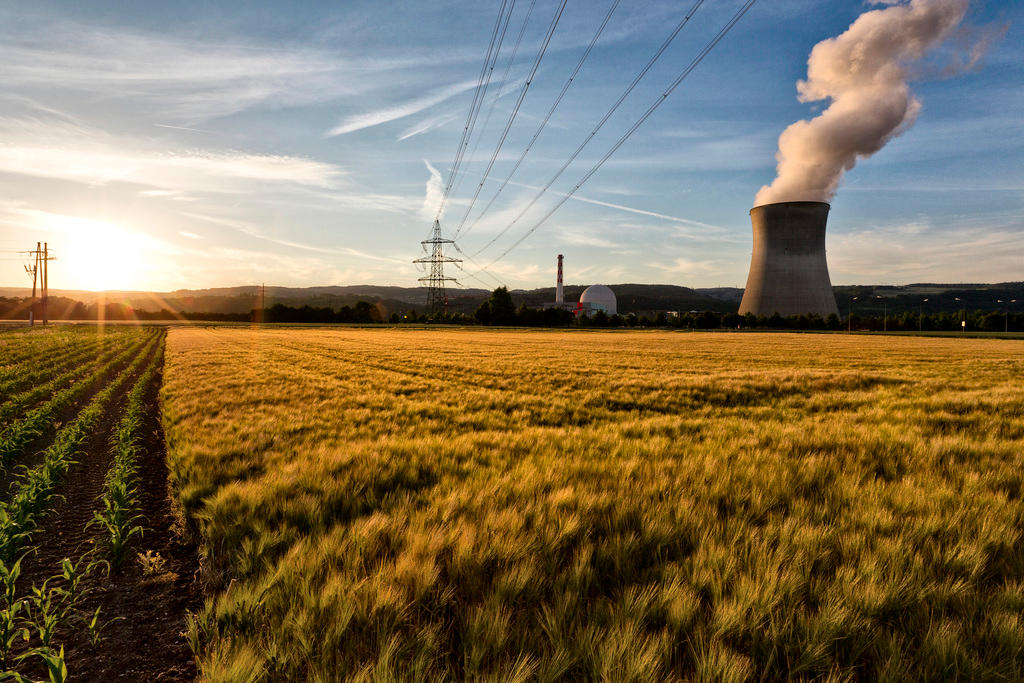
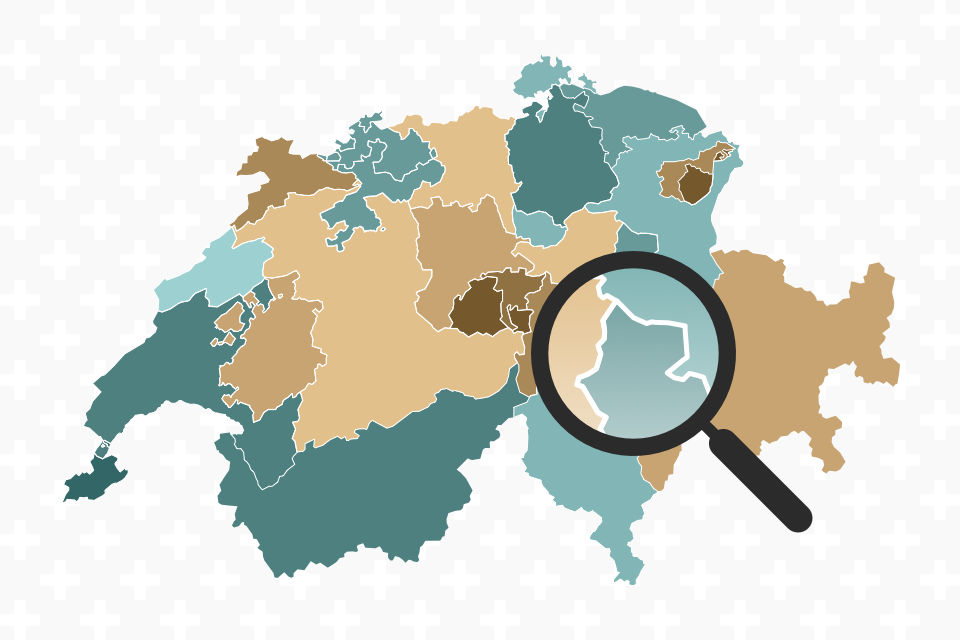

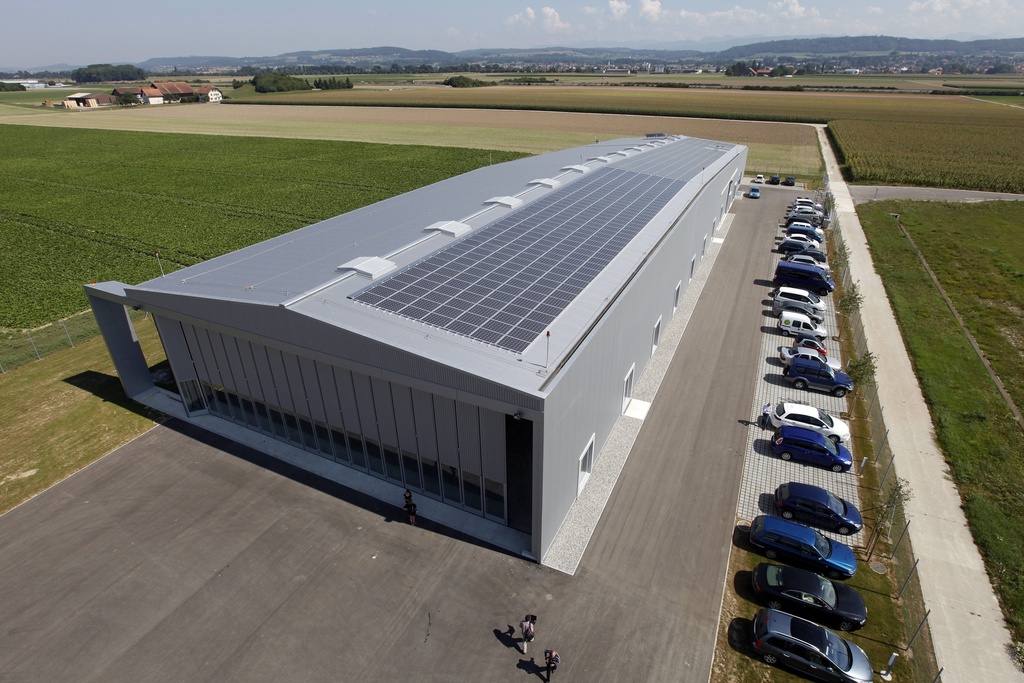
You can find an overview of ongoing debates with our journalists here . Please join us!
If you want to start a conversation about a topic raised in this article or want to report factual errors, email us at english@swissinfo.ch.